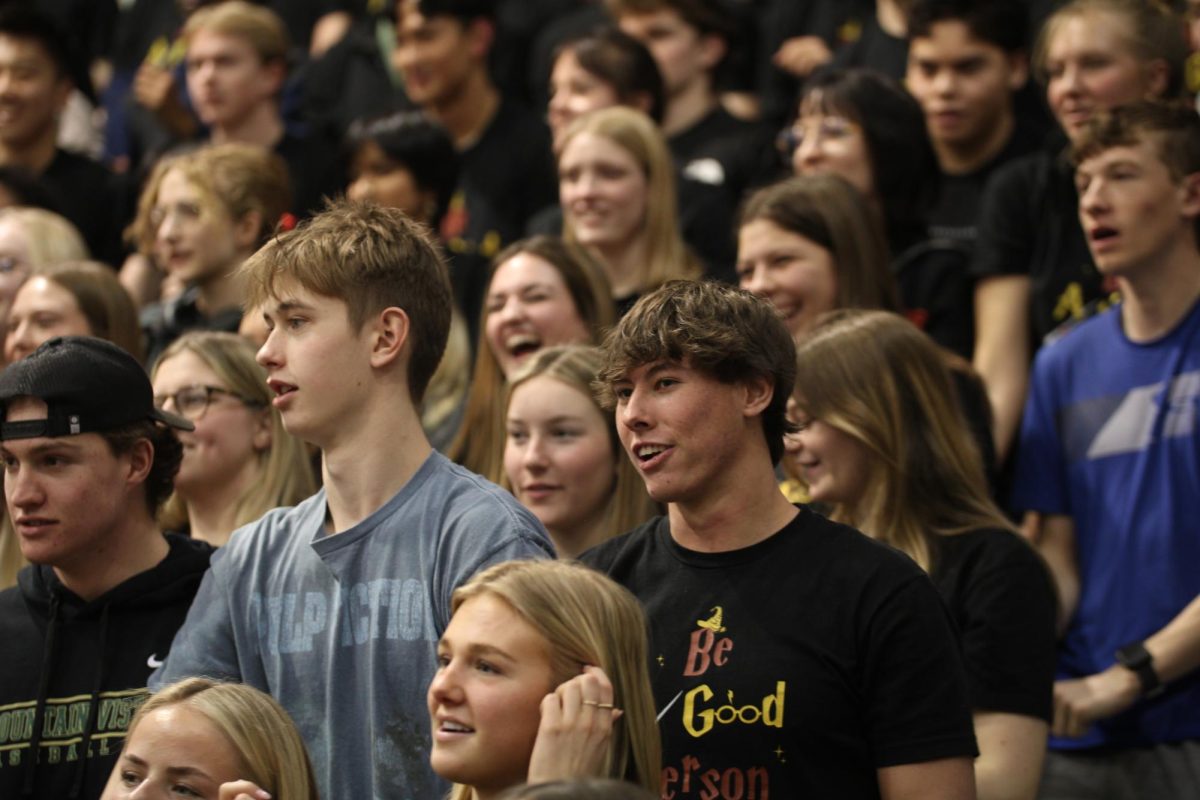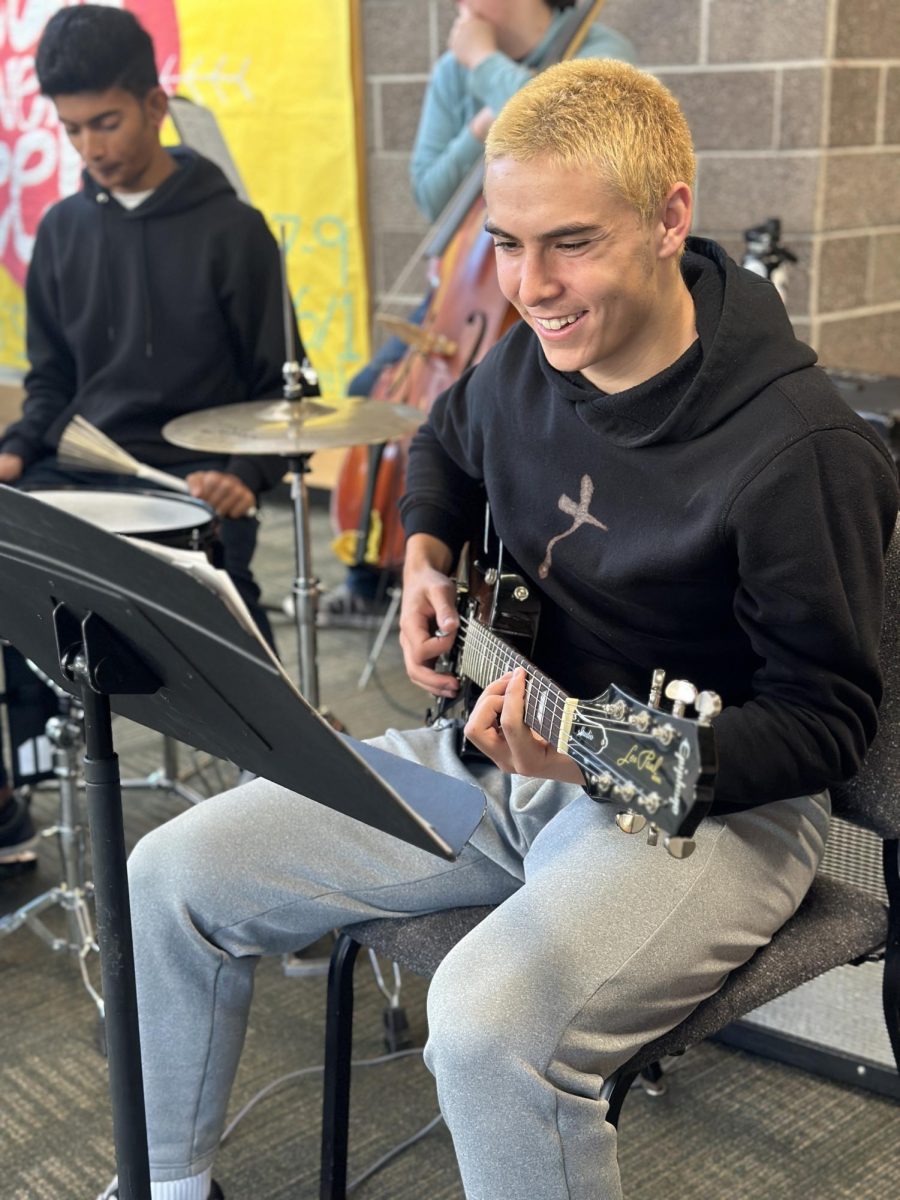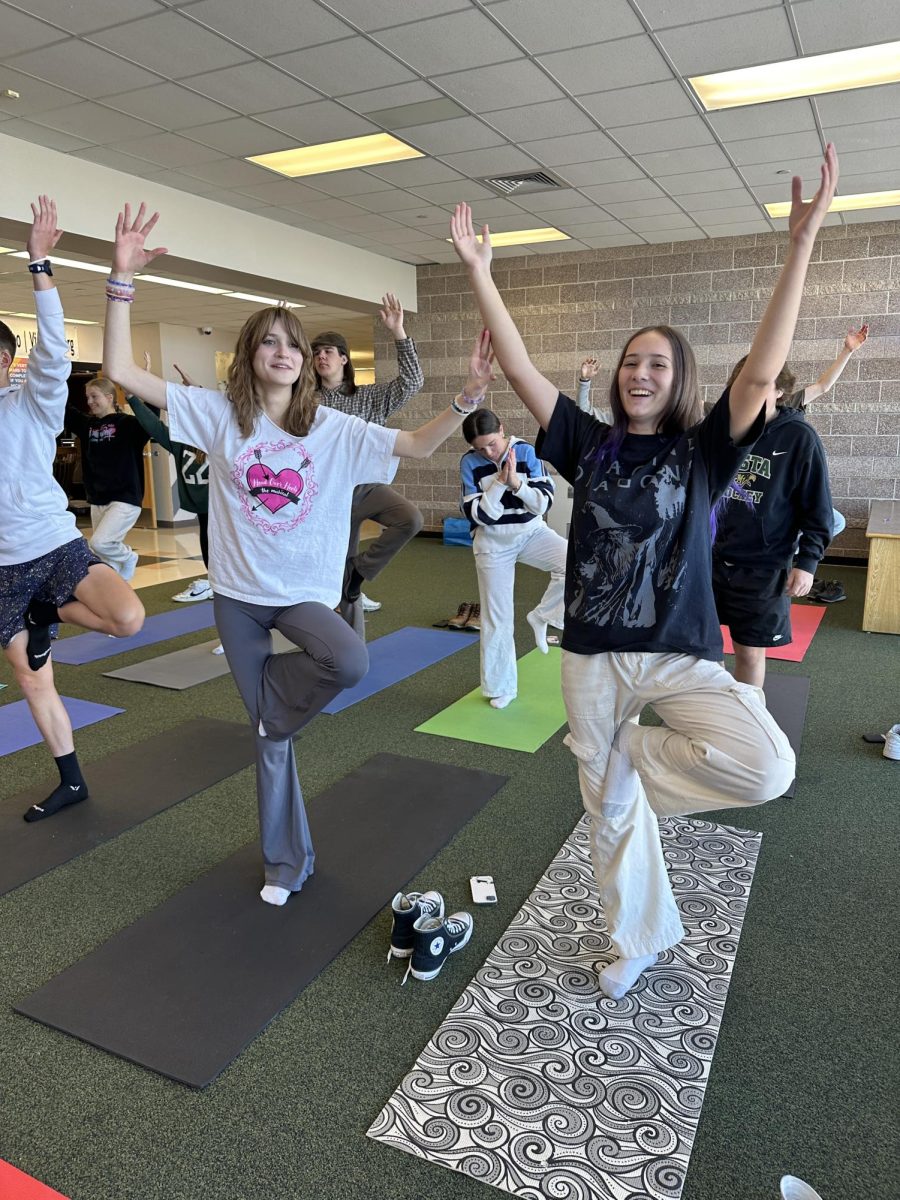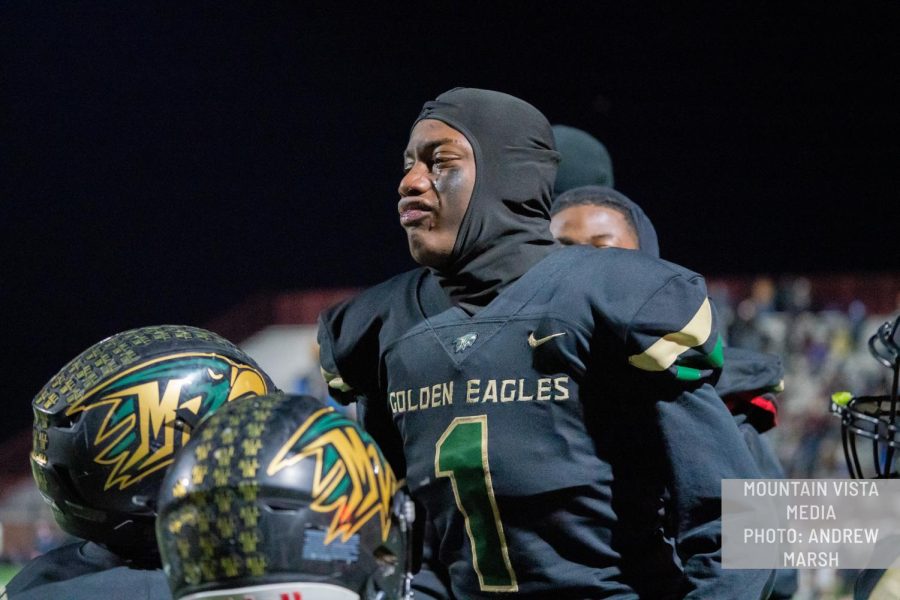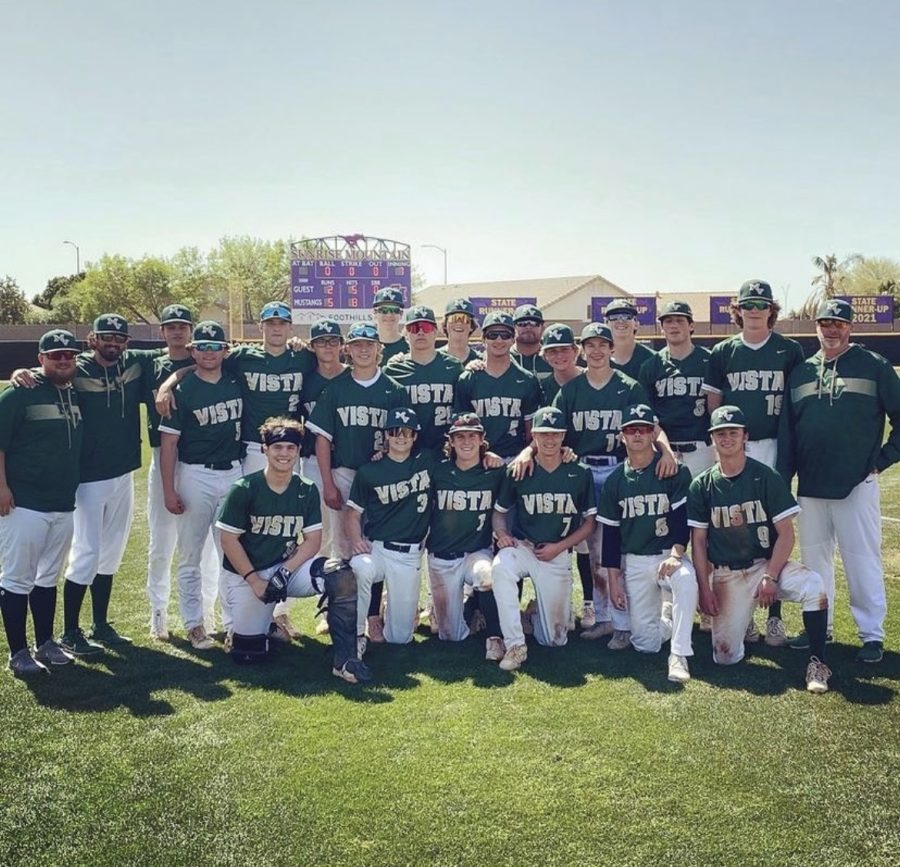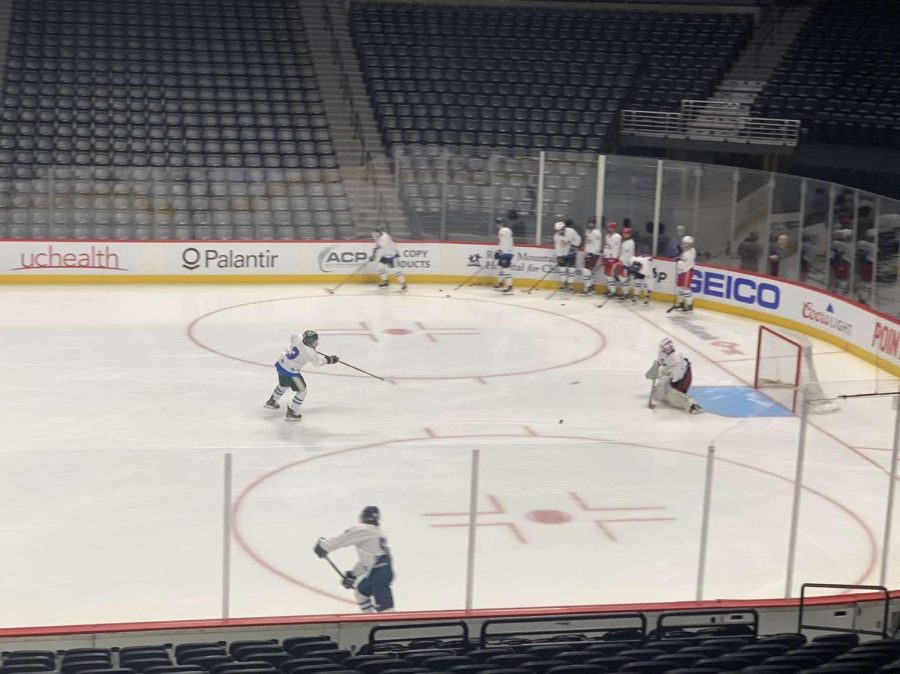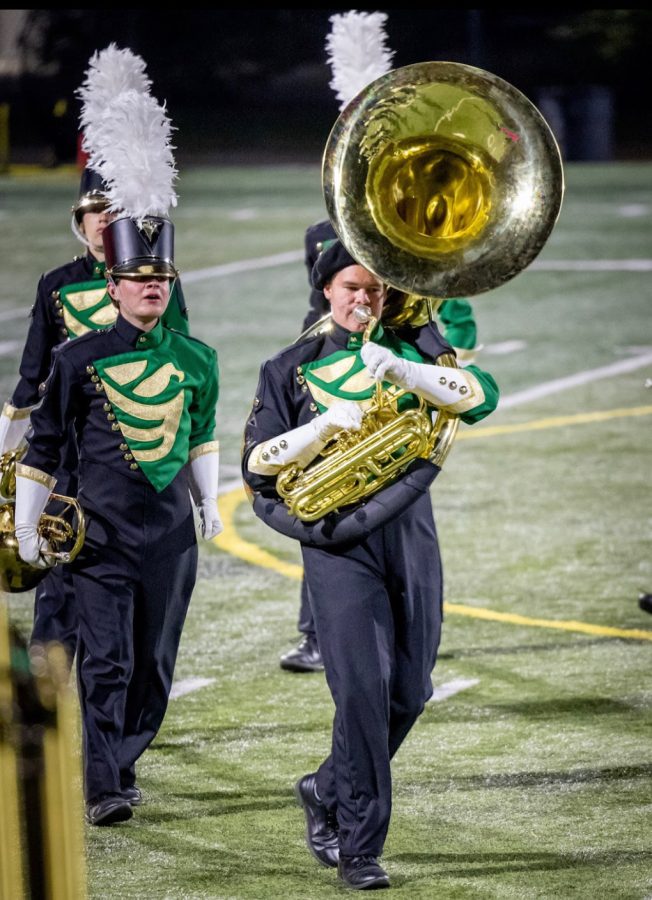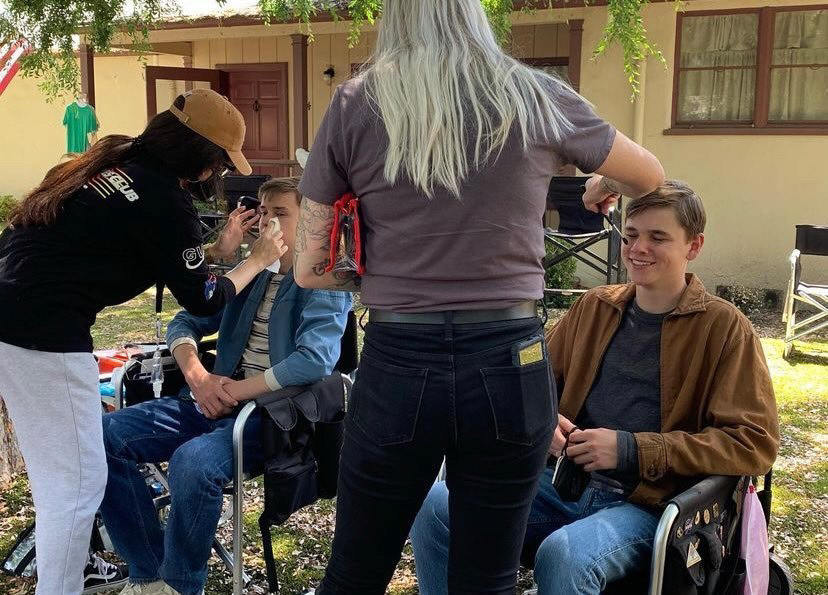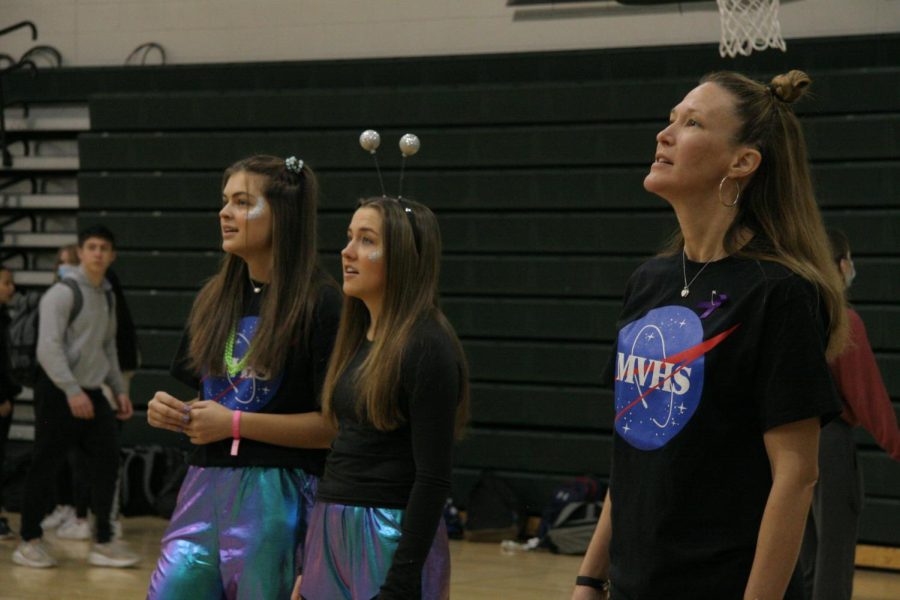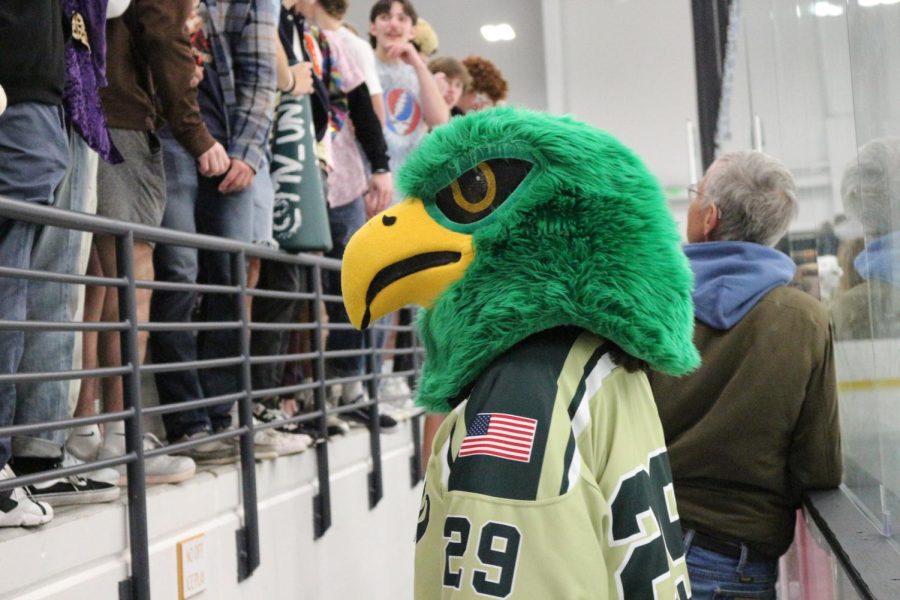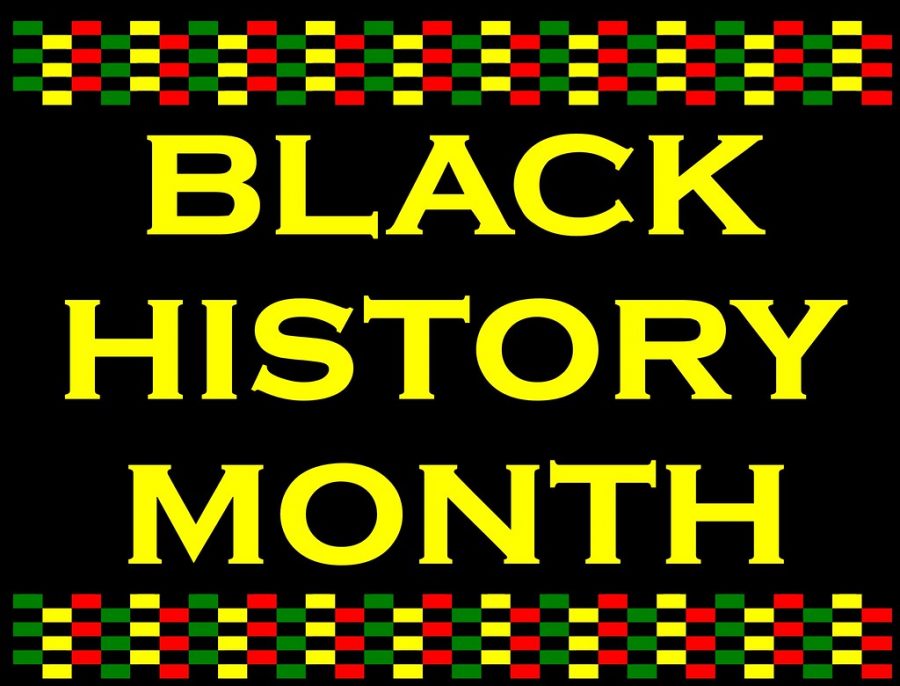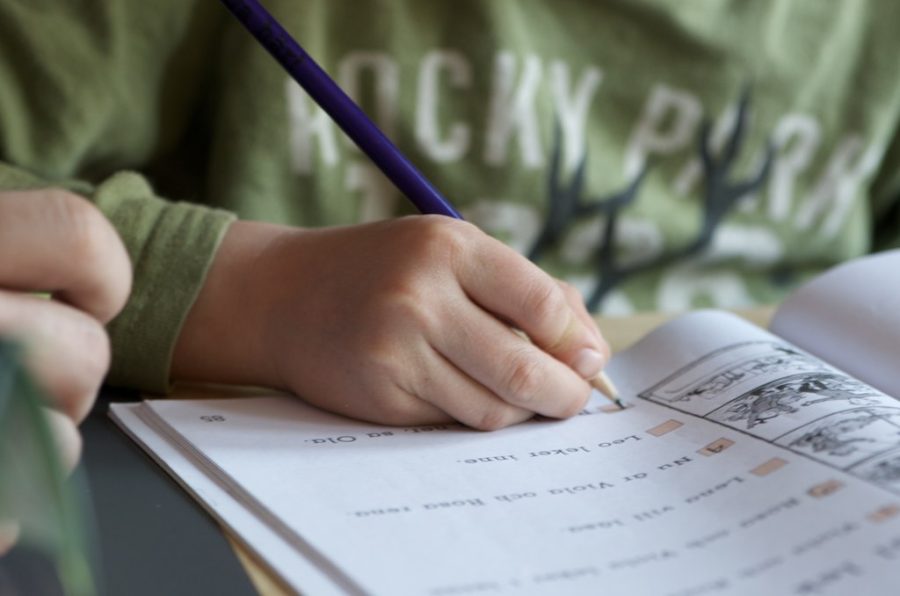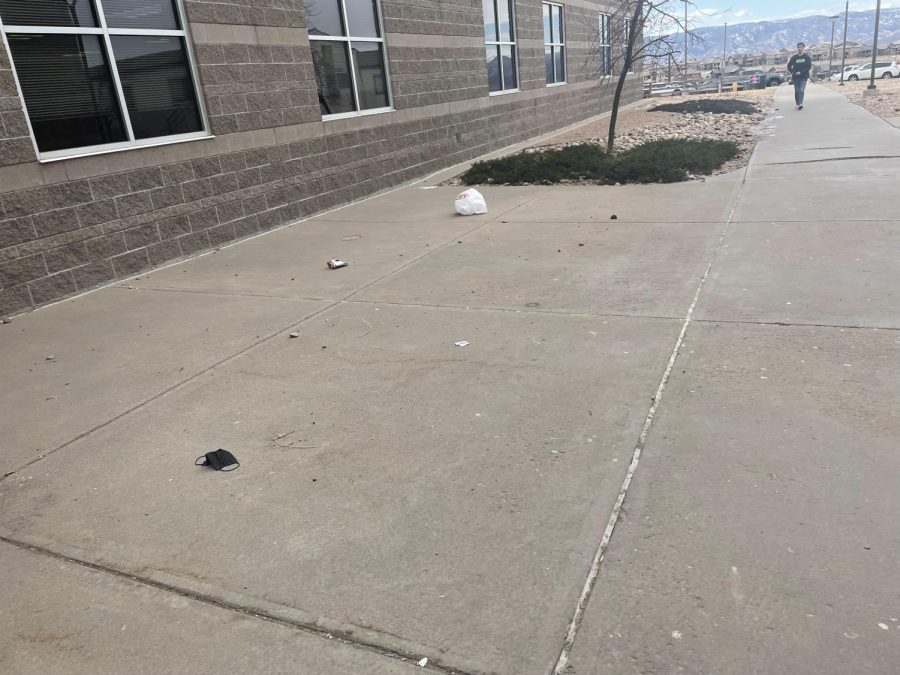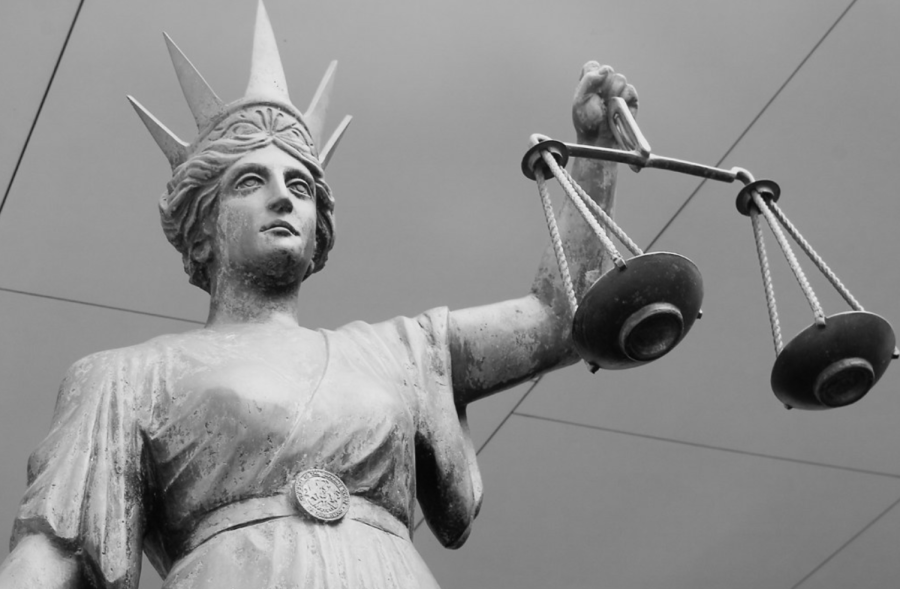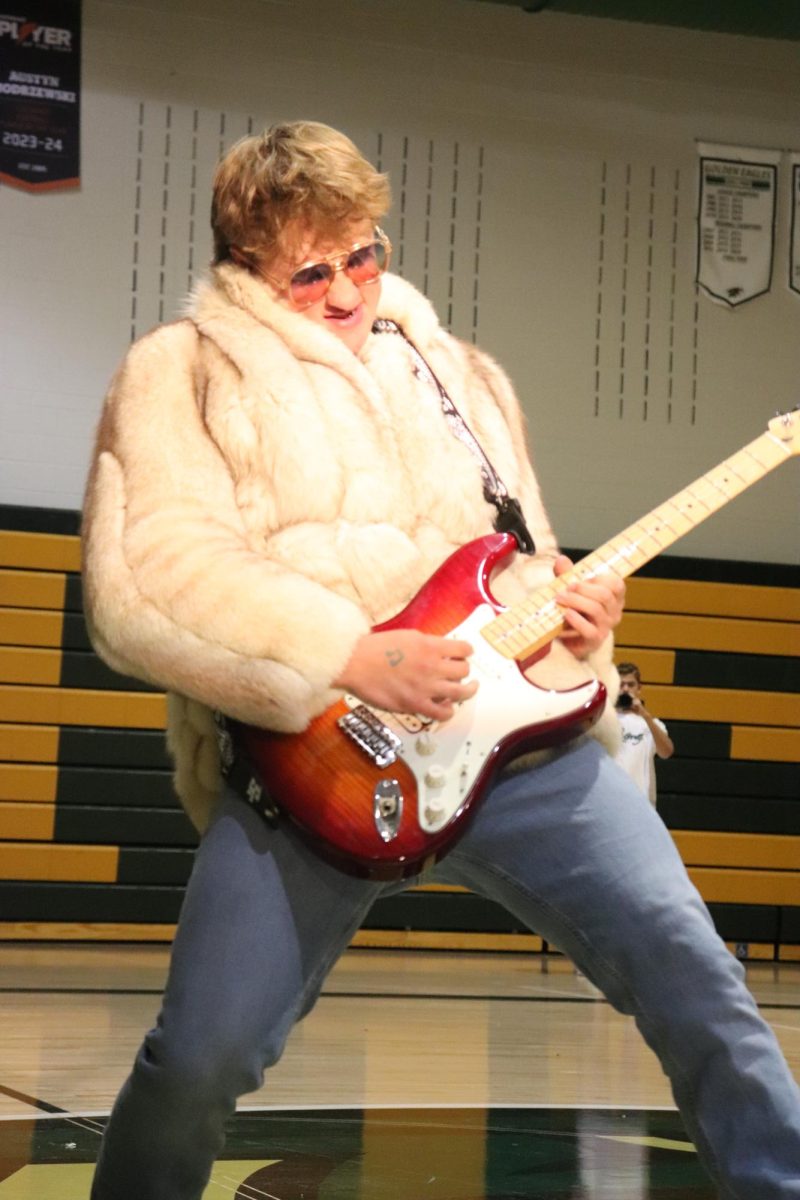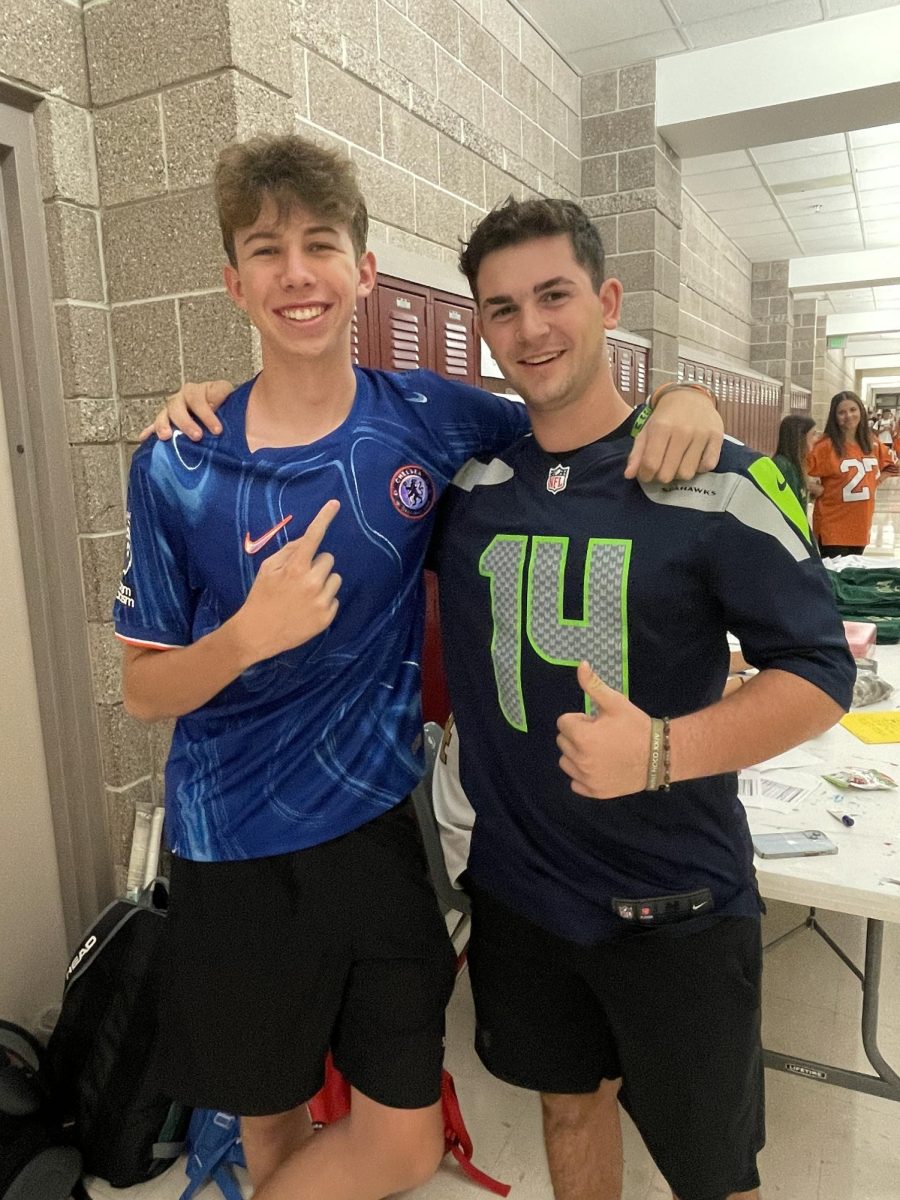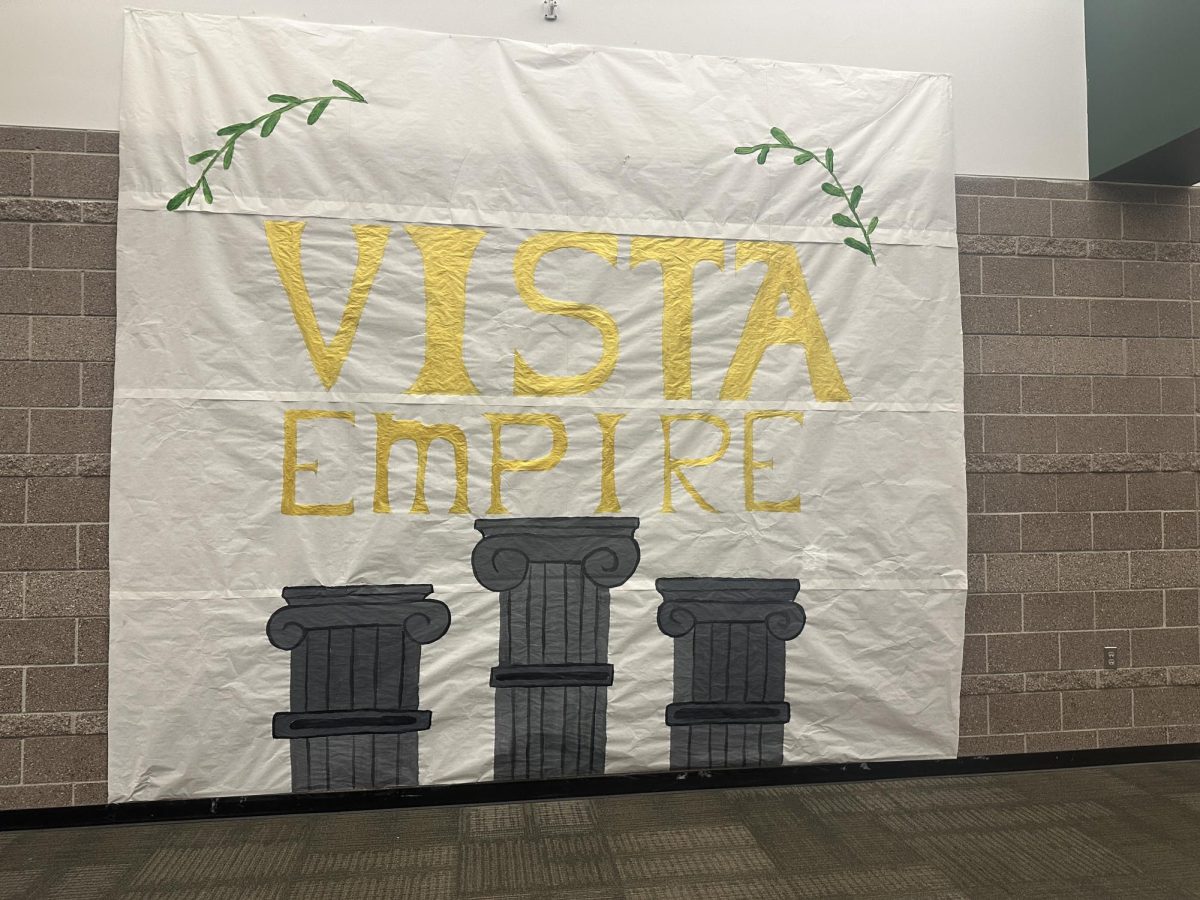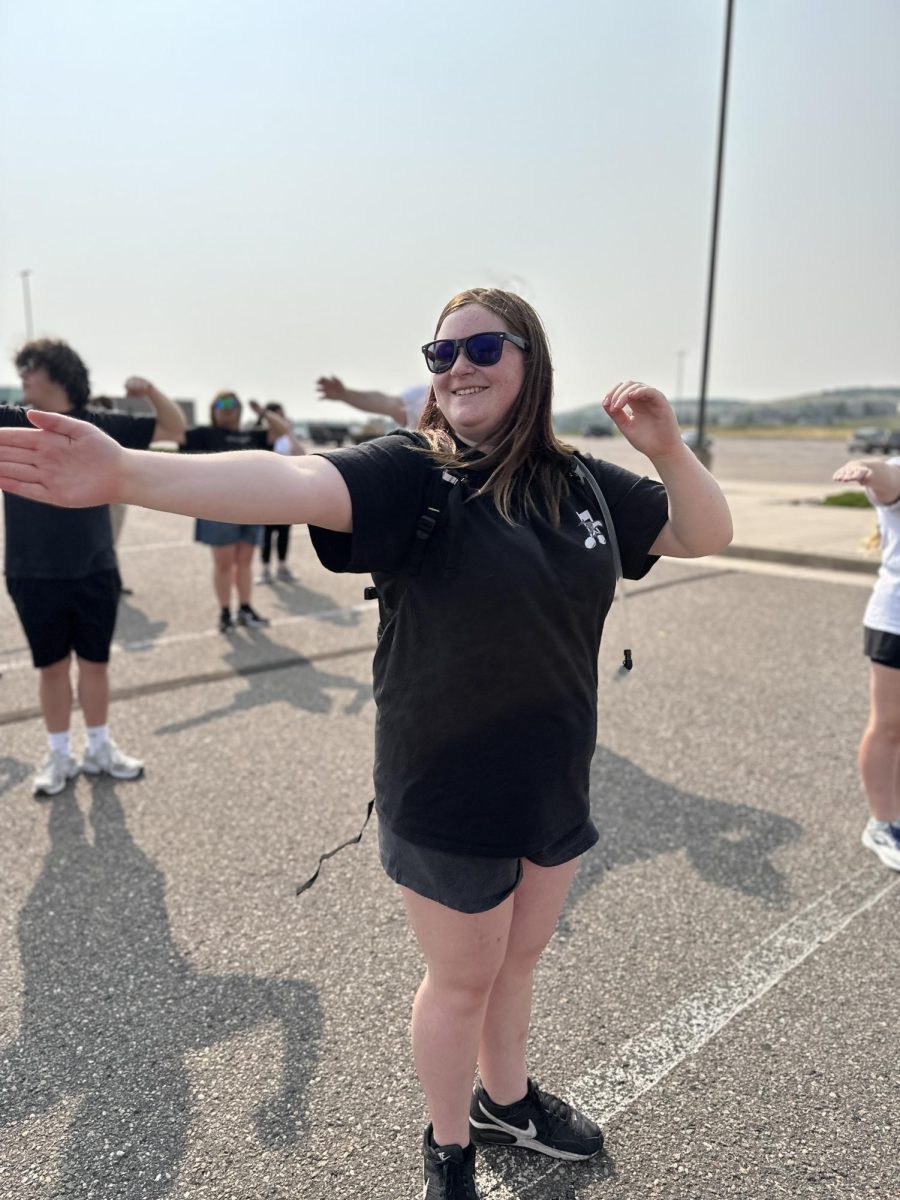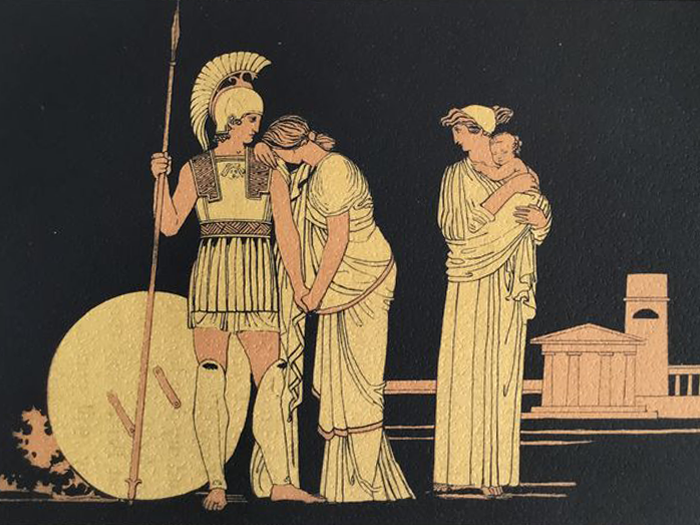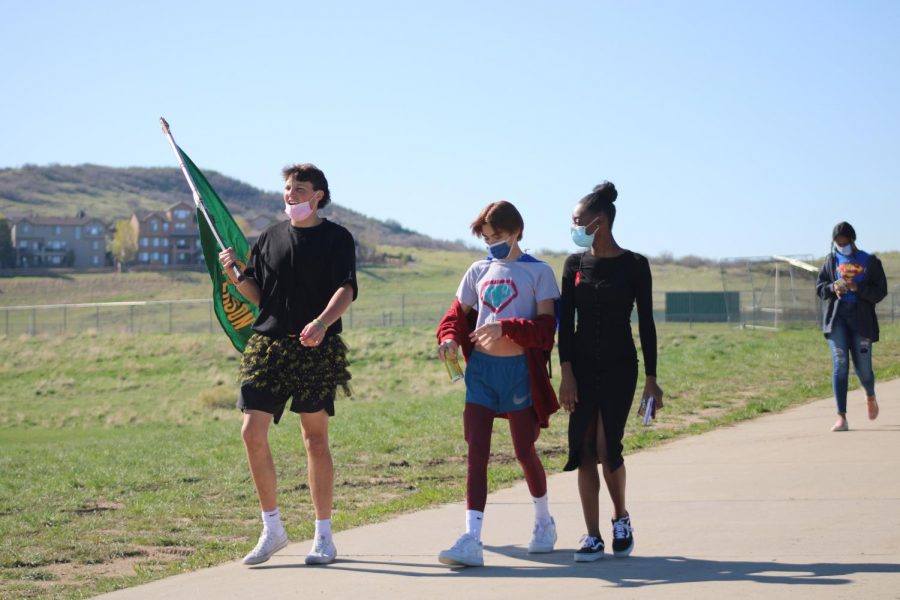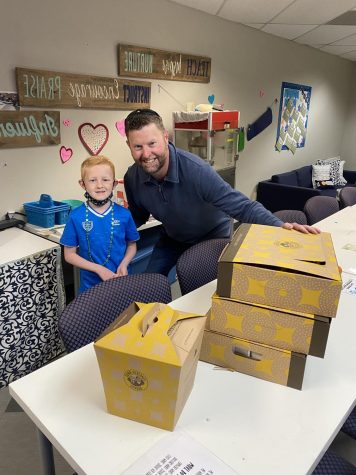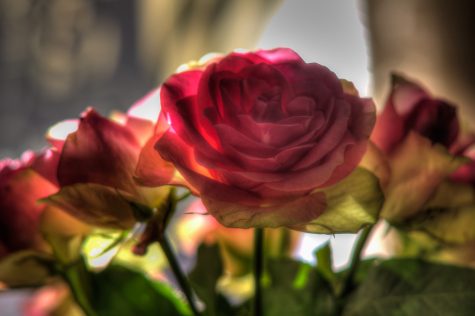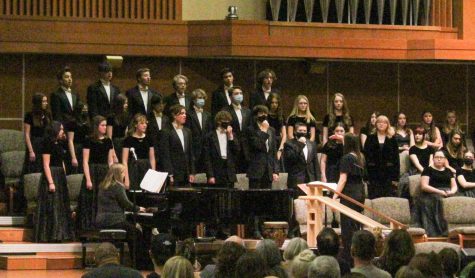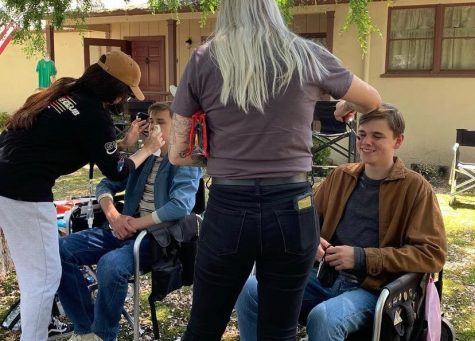The Deeper Origins of a Poet
Diving deeper into the project, the AP Literature classes begin to research more into their poets’ personal lives.
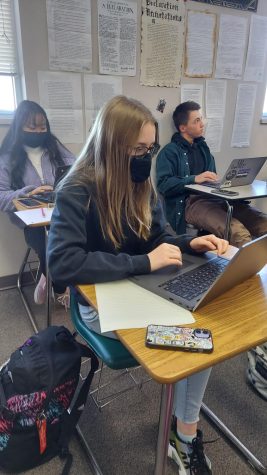
The search for truths about human nature hidden within the lines of poetry continues in the AP Literature and Composition classes. However, this time around, the focus has shifted to the lives of individual poets rather than simply their poetry. The analysis of the poetry is a cornerstone of the poetry final project, but understanding the poet is also a very important link. Both stepping stones bring the seniors closer to the end of their months-long journey.
It seems this leg of the project requires as much energy and effort of the students as the first part did, if even more so. Digging deep into the school library’s databases and pulling out the best information can be tough. For Aubrey Hatch, 12, researching her poet, Alberto Rios, has been a fun and exciting experience.
“We have to learn about their life and then analyze what parts of their life play into their poetry,” Hatch said. “I learned that he grew up on the Mexican border with Spanish and English [cultures] so he can see things in a dual perspective and write in his own third language.”
Researching a long-dead individual is not a foreign assignment to any student. History projects are a part of the high school experience, but researching contemporary poets can prove a challenge. Sara Dunn, 12, has encountered a few roadblocks while researching her poet, Rupi Kaur.
“I feel like because my poet is more contemporary, she doesn’t have as [much information] on her,” Dunn said. “[However], I’m really excited to see what other people have to say about her work because [for] some people, it’s very polarized.”
Regardless of the ease or difficulty of researching one’s poet, there are certainly gems to be found. Each poet has their own unique experience with life, and it often plays into their writing. The history of Claude McKay, a Harlem Renaissance poet, has been fascinating for Reagan Campbell, 12, to learn about.
“I think it’s important [for others] to know that my poet influenced a lot of other Harlem Renaissance writers,” Campbell said. “He was very outspoken [and] he didn’t let what was conventional in America and the rest of the world affect him too much; he was someone who persevered but always kept on searching for himself.”


